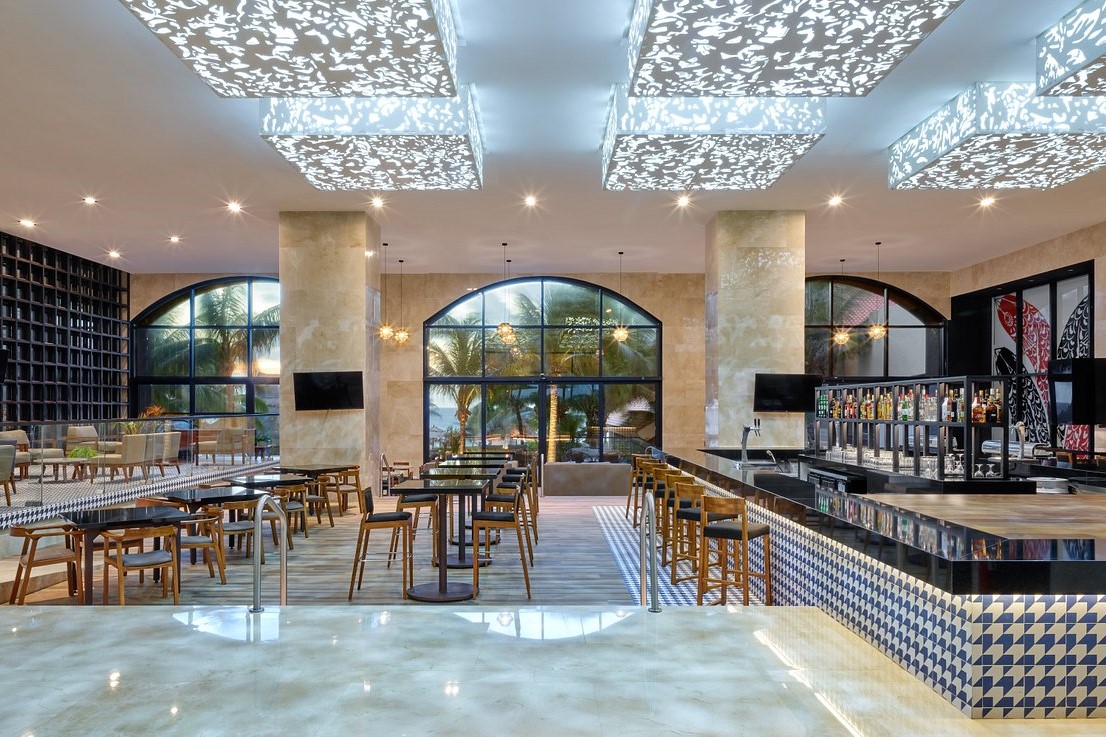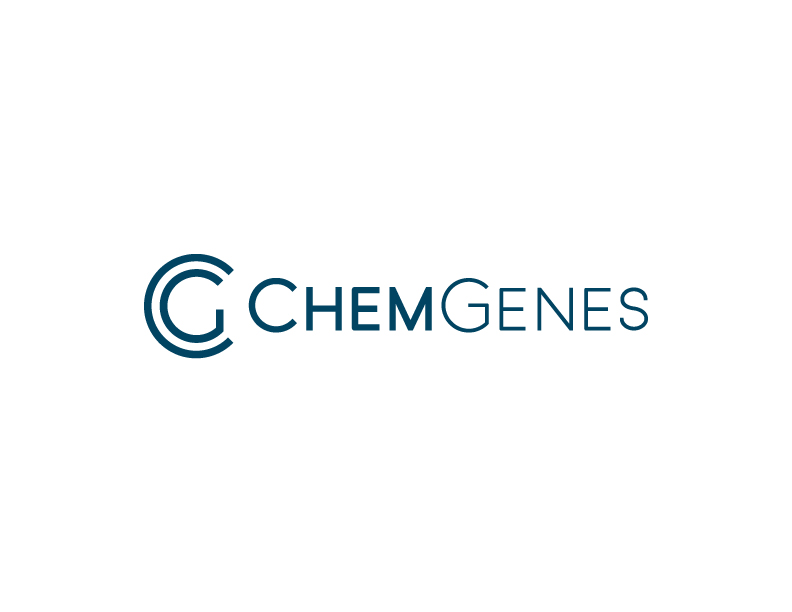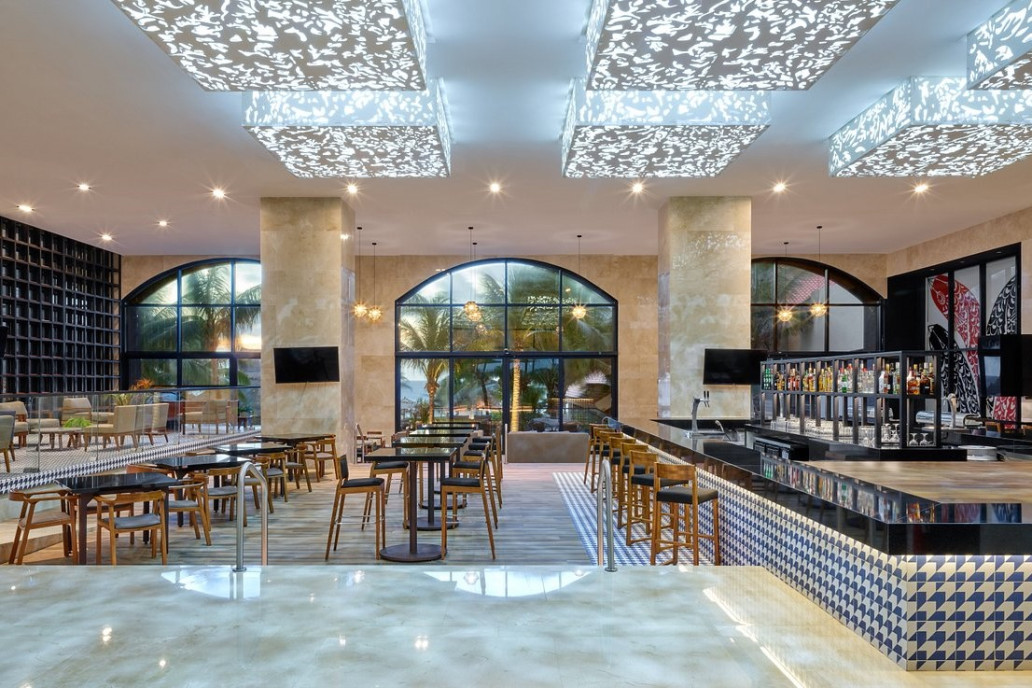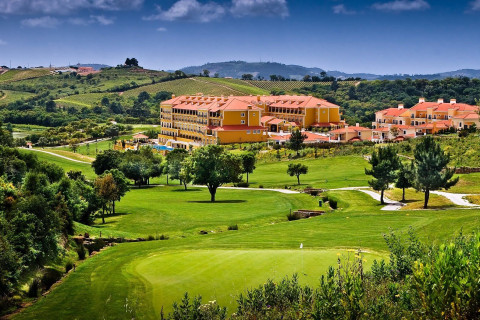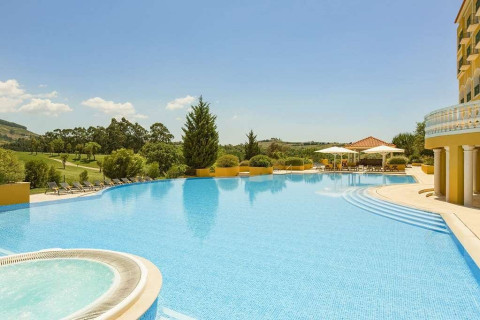- Home
- Past Conferences
- 7th Nucleic Acids Conference
Report
'Our Fusion Nucleic Acids conferences are distinguished by the unique mechanistic focus, and the 7th was as exciting as any. In addition to fabulous atomic structures and illuminating mechanisms, we were treated to insights into nucleic acid chemistry in the origin of life, the awesome power of high throughput methods, and single-molecule approaches. Emerging from studying the fundamental science in great depth, we now saw how this can be applied to treat sick children with fatal disease in the clinic. The hallmark of the Nucleic Acids conferences are authoritative presentations from plenary through to contributed lectures and excellent in-depth discussions following every talk. The conferences are superbly organized by the Fusion team, and of course the environment in Cancun was wonderful.'
-David Lilley (University of Dundee) & Wei Yang (NIH)
Synopsis
If you are interested in this meeting but not yet ready to register, you can sign up for updates here and our team will keep you updated regarding deadline reminders and grant opportunities relating to this meeting only.
Nucleic acids are fundamentally informational macromolecules; their sequence is the cell's genetic operating system and software. The repository of this information lies in DNA that must be copied with unprecedented accuracy precisely once every cell cycle. DNA is repeatedly read out (transcribed) before sending its information out to where it becomes used to program the synthesis of proteins. The integrity of the genetic blueprint is vital to the cell, and yet the structure of DNA is under constant onslaught. Thus precise mechanisms exist to repair damage in DNA; it is the only cellular molecule for which this occurs to a significant extent. DNA undergoes recombination, a kind of molecular cut and join that creates diversity to facilitate evolution, yet also provides an important method of repair. In eukaryotic cells DNA is packaged into chromosomes in a way that allows something like 2 m of nucleic acid to be packed into the cell nucleus, yet remain accessible to the cellular machinery that reads out its genetic information.
By contrast RNA is highly dynamic. It is the worker bee of genetics to the DNA's queen, and an extremely versatile molecule. In the central dogma it is the messenger (mRNA) that passes the information between the DNA library and the protein synthesis factory, yet it does much, much more. In translation of the genetic information it is the key component of the ribosome, as well as the tRNA species that activate and deliver the amino acids and decode the message. In eukaryotic cells the pre-mRNA must be processed by the precise removal of intervening sequences (introns), carried out by a large and dynamic RNA-protein machine called the spliceosome. Failure to do this correctly can lead to disease, and it is now becoming possible to create therapies that correct this. Increasingly we realize that RNA is also involved in critical and complex regulatory processes. RNA can act as a molecular switch responding to small molecules in order to control gene expression. Indeed while most of the information in DNA is not protein coding, almost all of it is transcribed into RNA. We are only just beginning the long journey of understanding what all this non-coding RNA is doing - it is very much the 'dark matter' of biology! Lastly RNA can also accelerate chemical reactions by a million fold or more in the manner of an enzyme. This is very likely of key significance in the origin of life on the planet more than three billion years ago.
Understanding processes involving DNA and RNA at the molecular and chemical level is the central theme of this conference, with a marked structural and mechanistic perspective. Every two years we have a hot topic theme and have previously covered ribosome, spliceosome, exosome, ncRNA regulation, DNA replication initiation, DNA topology and repair at past meetings.
Key Discussion Topics:
• DNA replication
• DNA repair
• DNA recombination
• RNA structure and function
• Translation and the ribosome
• Silencing
• CRISPR/Cas and genome editing
• Gene regulation and riboswitches
• RNA catalysis
Confirmed Plenary Speakers
William Greenleaf (Stanford University)
HIGH-THROUGHPUT ANALYSIS OF NUCLEIC ACID STRUCTURE AND FUNCTION ASSAYED DIRECTLY ON A SEQUENCING CHIP
Karl-Peter Hopfner (Ludwig-Maximilians-Universität München)
STRUCTURE AND REGULATION OF THE INO80 CHROMATIN REMODELLER
Anastasia Khvorova (UMass Medical School)
CHEMICAL ENGINEERING OF THERAPEUTIC siRNAs
Adrian Krainer (Cold Spring Harbor Laboratory)
ANTISENSE THERAPY FOR HISTONE H3.3 K27M DIFFUSE MIDLINE GLIOMA
Sua Myong (Johns Hopkins University)
G-QUADRUPLEX AS A GENETIC SWITCH IN TRANSCRIPTION AND TRANSLATION
Joan Steitz (Yale School of Medicine)
VIRAL NONCODING RNAs: A PATHWAY TO STRUCTURAL INSIGHTS
Gigi Storz (NIH)
GENES WITHIN GENES: ANOTHER LEVEL OF REGULATION
Jack Szostak (Harvard University)
THE TRIUMPH OF RNA OVER PREBIOTIC COMPETITORS
Steve West (Francis Crick Institute)
Cryo-EM STRUCTURE AND FUNCTION OF THE RAD51B-RAD51C-RAD51D-XRCC2 TUMOUR SUPPRESSOR COMPLEX
Carl Wu (Johns Hopkins University)
THE BIOGENESIS AND DYNAMIC CONTROL OF GENOME ACCESSIBILITY
Highlighted Talks
Petr Cejka (Institute for Research in Biomedicine)
MECHANISM OF DNA END SENSING BY THE MRE11 COMPLEX: IMPLICATIONS FOR CRISPR-BASED GENOME EDITING AND TELOMERES
Liz Kellogg (Cornell University)
EXPLORATION OF STRUCTURAL MECHANISMS GOVERNING RNA-GUIDED DNA TRANSPOSITION USING CRYO-EM
Joseph Loparo (Harvard Medical School)
KEEPING IT TOGETHER: VISUALIZING DNA DOUBLE-STRAND BREAK REPAIR WITH SINGLE-MOLECULE MICROSCOPY
Bin Wu (Johns Hopkins University School of Medicine)
BURSTING TRANSLATION ON SINGLE mRNAs IN LIVE CELLS
Xiaolan Zhao (Memorial Sloan-Kettering Cancer Center)
UNDERSTANDING SMC5/6: FROM FUNCTIONS TO STRUCTURES
What makes this meeting unique? David Lilley says "I really think it’s in part the unique mechanistic and structural focus (reflecting Wei and my way of thinking). And because we have this unique point of view people get a different perspective, and so the discussion is always very stimulating. That has been the case since the very first meeting in Mexico, where I think we made a real step forward in understanding the mechanism of peptidyl transferase in the ribosome. Another feature of our meetings is the large number of talks we get from participants, that are frequently of a very high standard. This builds on the broadness of our topics and draws everyone into the discussion leaving participants stimulated with an abundance of new ideas."
See what our past participants have said about the Nucleic Acids series:
"The last Nucleic Acids conference was one of the very most intellectually satisfying meetings I have ever attended. I really love the level of detail and scope of the conference."
"Thanks so much for placing me on the meeting agenda, and I really had a most great time at this meeting. It was a perfect size - I made new friends, some were brand new, and some existed and were made stronger. So the meeting was much more bountiful to me than the ability to present my work, by a long shot. I totally loved thinking of chemical mechanisms, as it reminded me of my grad work, and it is so very lovely to be back in that chemical mind frame. I miss it."
"Outstanding organisation, lovely location, excellent science."
Student Offer
Take advantage of this fantastic opportunity for students! Fully paying academics can bring a student for only $890. Unfortunately, Postdocs are not eligible. Both registration packages include; accommodation for the 09, 10, 11 Feb 2023 (on a shared basis for students) and a food and beverage package for the conference period. Once registered, please contact Chloe Trundle to obtain a special registration link for your student.
Confirmed Speakers
Chairs
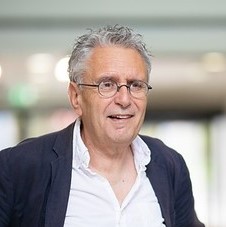
David Lilley
University of Dundee

Wei Yang
NIH
Plenary Speakers
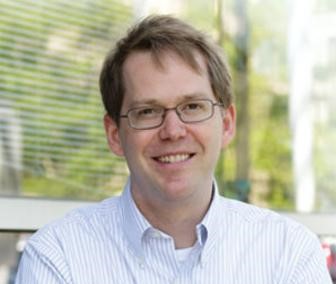
William Greenleaf
Stanford University

Karl-Peter Hopfner
Ludwig-Maximilians-Universität München
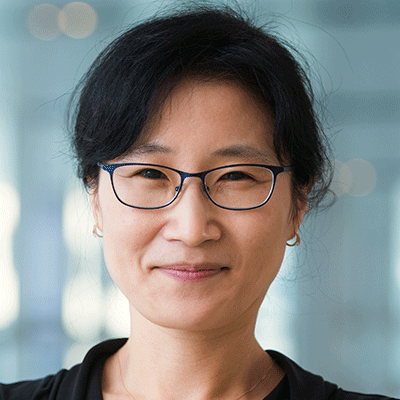
Sun Hur
Harvard University
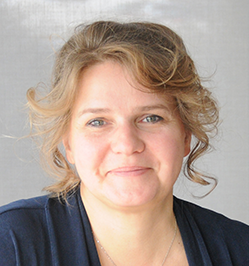
Anastasia Khvorova
UMass Medical School
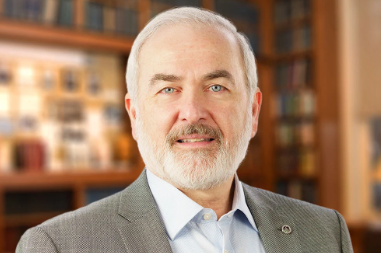
Adrian Krainer
Cold Spring Harbour Laboratory
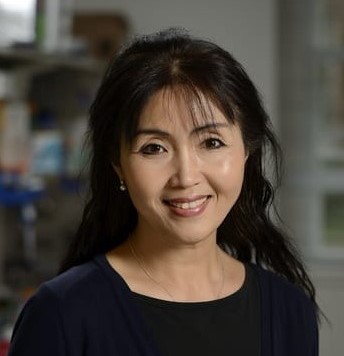
Sua Myong
Johns Hopkins University
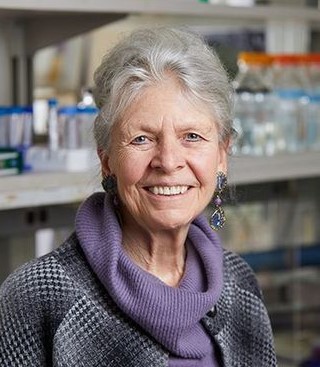
Joan Steitz
Yale School of Medicine
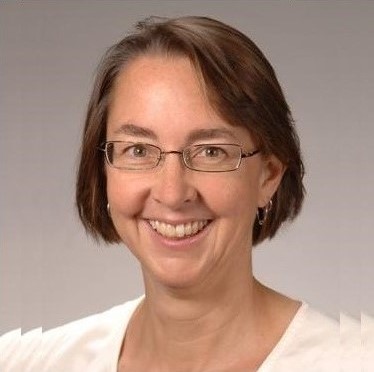
Gisela Storz
NIH
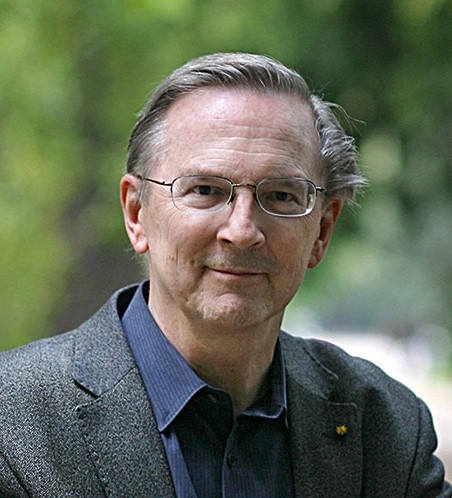
Jack Szostak
Harvard University
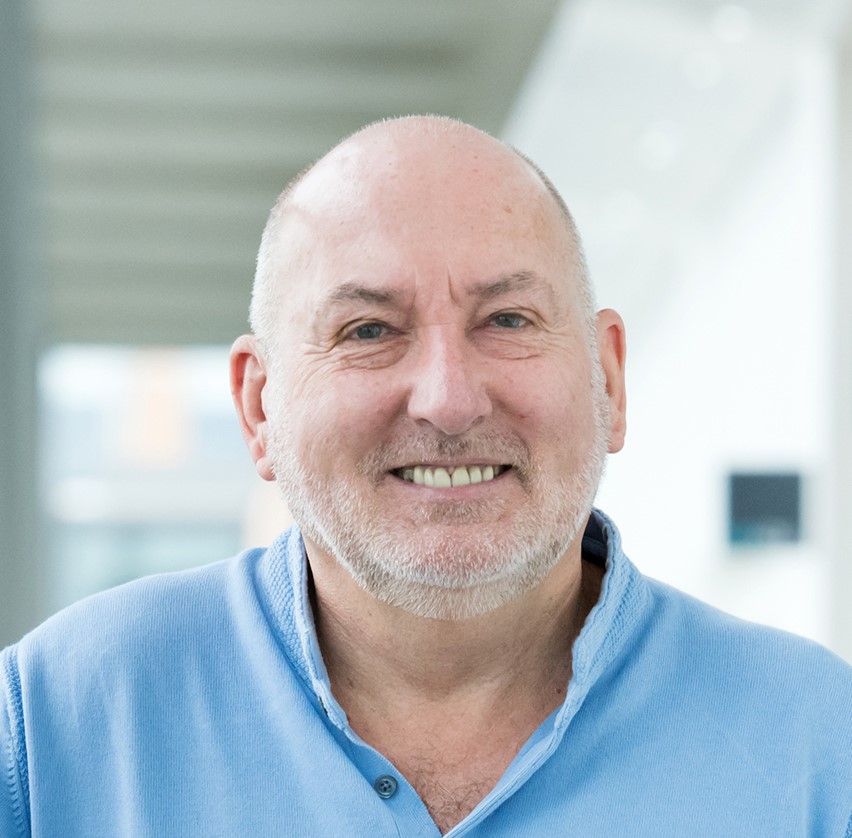
Steve West
Francis Crick Institute
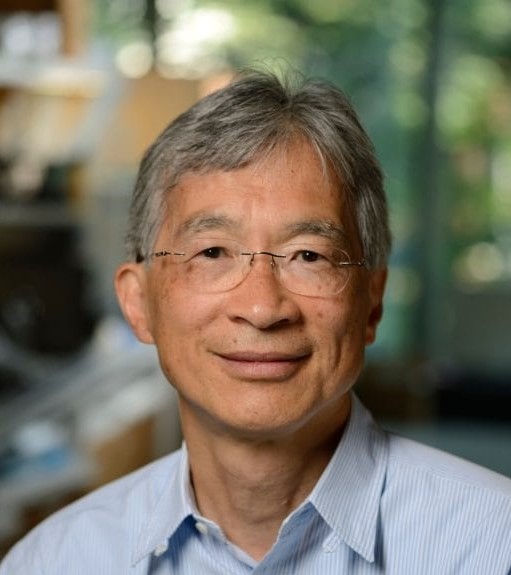
Carl Wu
Johns Hopkins University
Invited Speakers

Petr Cejka
Institute for Research in Biomedicine

Liz Kellogg
Cornell University
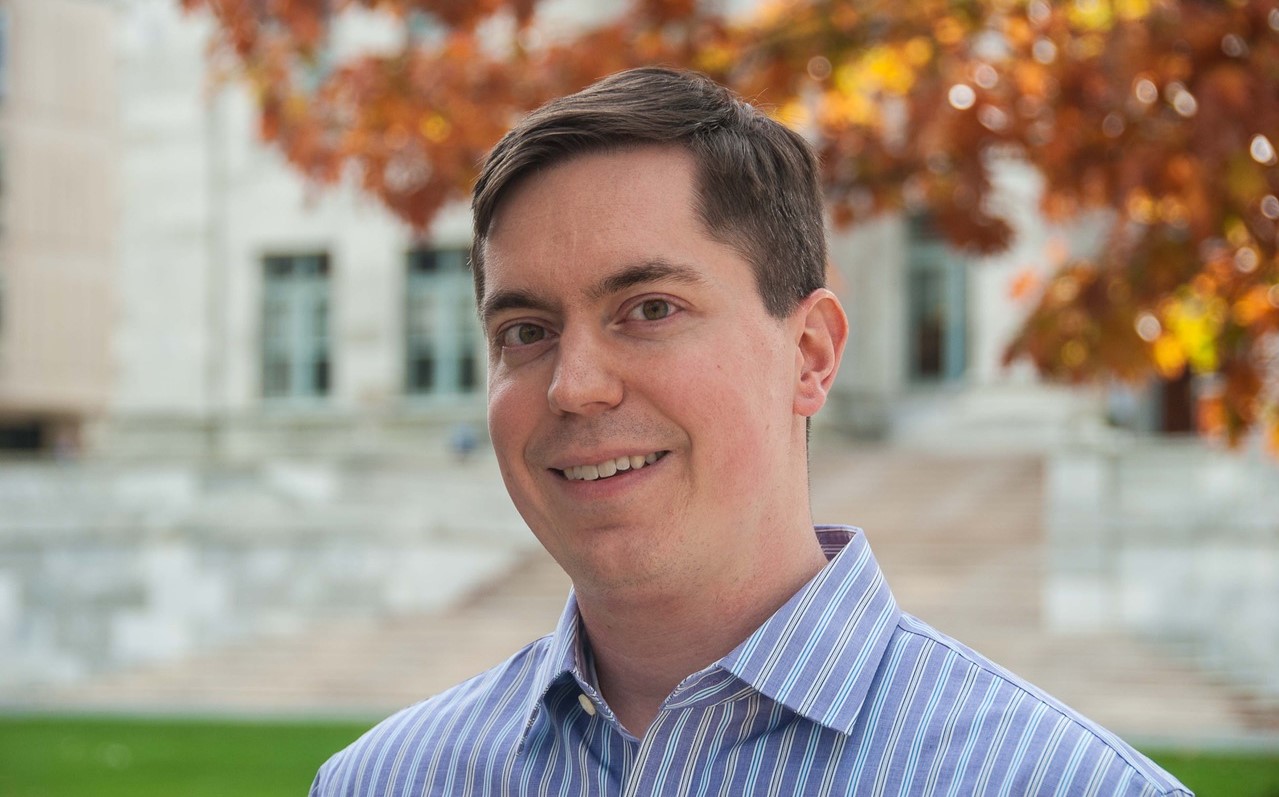
Joseph Loparo
Harvard Medical School
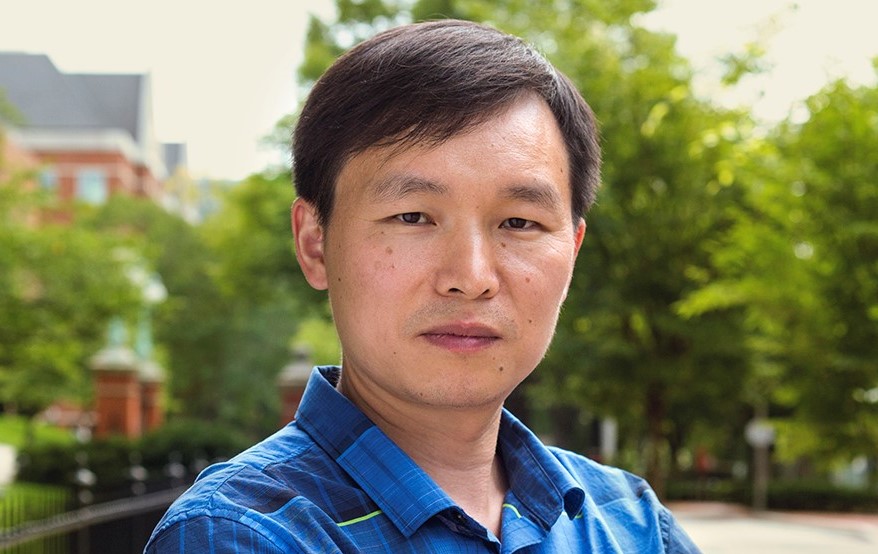
Bin Wu
Johns Hopkins University
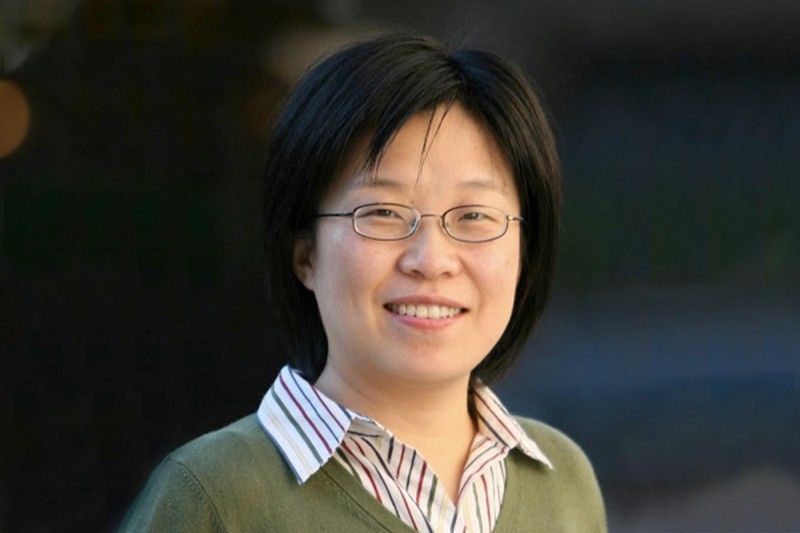
Xiaolan Zhao
Memorial Sloan Kettering Cancer Center
Programme
Supported by
Venue & Location
Fiesta Americana Condesa Cancun All Inclusive
This stylish hotel features contemporary Mexican architecture, including one of the largest and most impressive thatched-roof "palapas" in the entire country. There are cultural activities, arts and crafts and sports programs to keep you constantly entertained, plus time to relax and enjoy the Mayan culture, soak up the Caribbean sunshine and revel in the international ambiance that settles in after the sun goes down.
Throughout your stay delegates will enjoy a full meal plan, inclusive of beverages. Take your pick from the aromatic Asian delights at Kaumbu, traditional fare at El Mexicano, delicious international cuisine at Kalmia Buffet or perhaps sample the sumptuous Italian dishes at Rosato. There are also several other dining opportunities such as the Cevichería, Pizzeria, Sushi Corner, pool and lounge bar areas. The Gala Night with either a Mayan or Caribbean theme takes place on the third evening of the conference with a mouth-watering feast of local cuisine, an open bar and amazing local entertainment. We welcome all delegates and their accompanying persons to the Gala Night – a truly fun filled night not to be missed!
Hotel Facilities
Lagoon Pool
Extensive Health Club and Spa
Complimentary Wi-Fi in guest rooms and throughout hotel and conference areas
General Information
Venue Rating
★ ★ ★ ★ ★
Currency
US Dollar (USD)
Address
Fiesta Americana Condesa Cancún All Inclusive Blvd. Kukulcan km 16.5 Zona Hotelera 77500 Cancun Q.R. Mexico
Nearest Airport
Cancun International Airport
Location
Cancun is a delightful combination of natural beauty, islands, ecological reserves and white sandy beaches. However, besides sun, sand and sea, this destination also offers an infinite variety of underwater activities to choose from: the diving, snorkelling and fishing here are outstanding and you will find an undersea world packed with tropical fish that live on the second largest barrier reef in the world. Sports enthusiasts might choose one of the many eco-tourism activities, such as cycling or hiking through the tropical forest or kayaking through mangroves, or something a little more adventuresome, like zip lining through the treetops.
Apart from the more well-known ancient Mayan archealogical sites such as Tulum, Cobá and Chichén Itzá you may like to visit the Aktun Chen caverns, voted one of the Top 10 underwater walks by National Geographic described as a truly magical experience.
If you are interested in this meeting but not yet ready to register, you can sign up for updates here and our team will keep you updated regarding deadline reminders and grant opportunities relating to this meeting only.
If you're interested in sponsoring this conference please contact us.
Conference Manager

Chloe Trundle
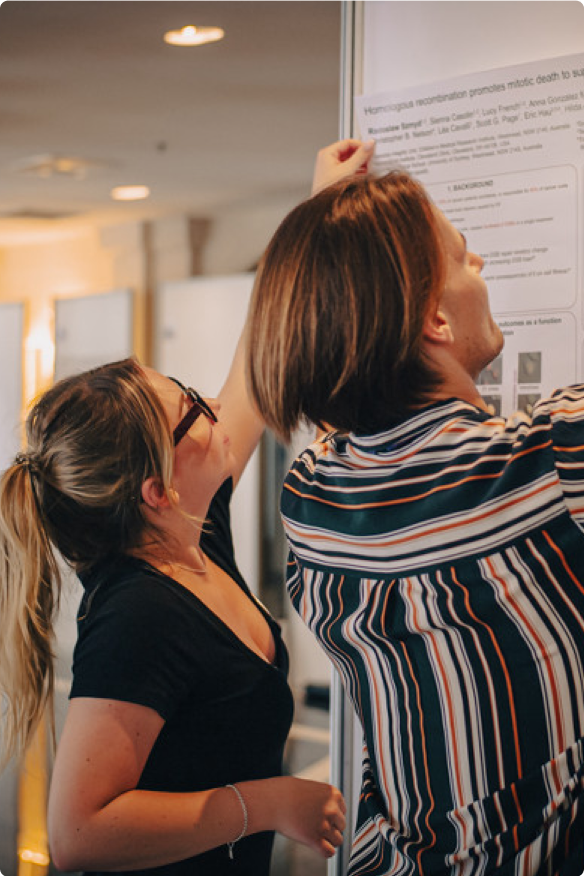

Need some help? Chat to the Fusion team today
As a family run business, our dedication runs deep. We’re committed to each other and, even more so, to every attendee’s experience, delivering a level of care and passion that’s truly unmatched.






